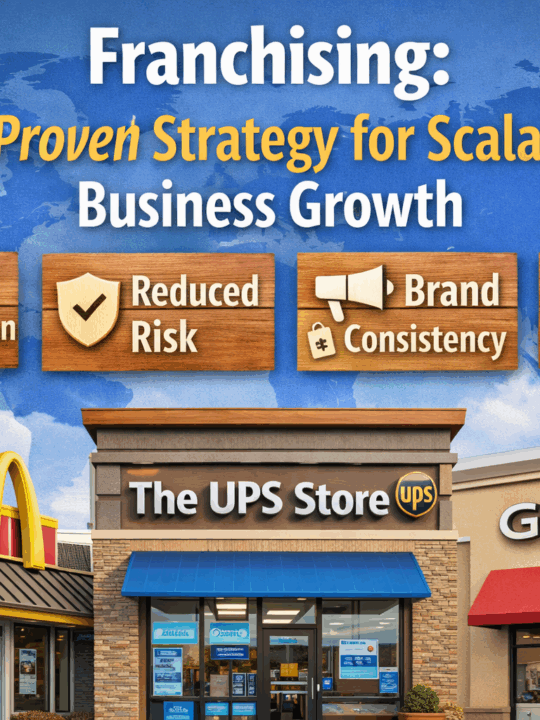 hen it comes to saving money, they say the best time to start is yesterday. The second best time is today. This means that it’s never too early or too late to start building your savings and aiming for financial security.
hen it comes to saving money, they say the best time to start is yesterday. The second best time is today. This means that it’s never too early or too late to start building your savings and aiming for financial security.
But how do you start saving if you’ve never done it before?
Many people get overwhelmed at the variety of options and instead choose less secure methods that can end up losing them a large portion of their resources. Do you know how to save your money safely?
We want to help. Whether you’re figuring out how to save money in your 20s, 30s, or even 50s or 60s, we’ll try to set you on the right path.
Keep reading to learn several safe places to store and invest your money securely.
Table of Contents
1. A Savings Account or Bank
This one might seem obvious but it’s a great place to start.
When you’re just trying to keep your money secure without gaining more money from this storage, a savings account is the way to go. If you go through a bank your money is insured through the FDIC. Through this, you’re protected from losses.
When the bank has your money, you’re able to pull it out whenever you need it or transfer it to your checking account at any time. This makes it great for emergency funds such as those used for unanticipated healthcare needs, car or house trouble, or even legal trouble.
You can use debit cards or even some smartphones to pull money whenever you need it, be it for small purchases from checking accounts or large ones through savings accounts.
Savings accounts accrue interest over time. The ones that you can get through your bank are going to offer lower interest percentages but that’s in exchange for the security and ease of use that you get from linked savings and checking accounts.
There are some online banks or exclusive savings accounts that offer higher interest rates. Sometimes these work with brick and mortar banks, but sometimes they don’t.
Some high-yield savings accounts offer higher interest rates than those in exchange for stipulations, like achieving certain savings goals.
If you’re working with money through a business or corporation, you might look into an investment bank. Learn more about those here.
Whatever kind of account you choose, you know that your money is going to a secure and accessible place.
2. Certificates of Deposit
Certificates of deposit (or CDs, for short) also work alongside the banking system. You’re giving a loan to the bank in exchange for a return on investments. You receive a guaranteed rate of interest that can be comparable to a savings account.
CDs are put into the bank for a certain and predetermined amount of time. You can agree to hold it for several months or several years, but throughout that time your money is tied up and unusable unless you want to lose months or up to a year of potential interest.
This is great for impulsive spenders. It makes you learn how to save your money and not spend it.
There are options for penalty-free CDs but they offer lower interest rates. If you choose one of these you can still accrue interest while keeping your money more liquid. If accessibility is important to you, this is a good and safe option.
This money is also protected by the FDIC so again, you’re at no risk of loss.
3. Stocks (But Be Careful)
You can invest your money in the stock market. This money is going to be less secure as the market rises and falls with time and even has the potential to crash should something drastic happen to the economy.
That said, you also have the potential to gain more money over time. If you’re smart about it, the risks are low, and the returns are higher than in a savings account. If you’re choosing riskier stocks you should never invest more than you’re prepared to lose and you should be educated on the market.
There are different methods of investing in the stock market, but for this section, we’re going to focus on picking individual stocks that should be as safe as possible.
It’s helpful to look at the history of a company’s stock price. While history doesn’t dictate the future, it’s a good way to gauge a stock’s potential. Stocks that rise over time, even if only by a small margin, are going to be safer choices.
These are larger companies with reliable products or services. While anything can happen, if you’re going to choose individual stocks this is the way to go.
You can do this on your own or trust a stockbroker or advisor to help you.
4. ETFs
ETFs are going to be a safer option than individual stocks. They’re going to offer lower returns over time, but they’re more stable than individual stocks and they have lower fees.
Passive investors, or those who aren’t as involved with the trading of stocks, can feel more comfortable investing in ETFs. They’re often baskets of stocks so they will be more stable than one individual stock.
5. Savings Bonds
Savings bonds are another good option for safe investments. It’s a way to “buy” debt from the government at a discount and have your money returned to you once the bond has matured.
They aren’t subject to state or local taxes making them a popular alternative to the stock market for many savers.
When you buy the bond at a discount, it will reach its full value through accruing interest over years or decades depending on the bond. Some bonds are bought for up to a 50% discount.
As long as you’re willing to leave this money alone it’s a great option for younger savers (like anyone learning how to save money in your 20s) or anyone trying to save for a younger family member.
How to Save Your Money: Keep It Safe!
When you’re looking for ways to save or invest money it’s best to choose somewhere that’s secure and low-risk. While high-risk options are available (and offer a higher rate of interest or return on the investment) they’re not the best choice for those who are just beginning to save or who rely on that savings to carry them through.
Choose storage options and investments that can keep your money safe while also accruing interest. Learning how to save your money now will set you up for a better future!
For more posts like this that can help you learn about any of your curiosities, visit the rest of our site.







